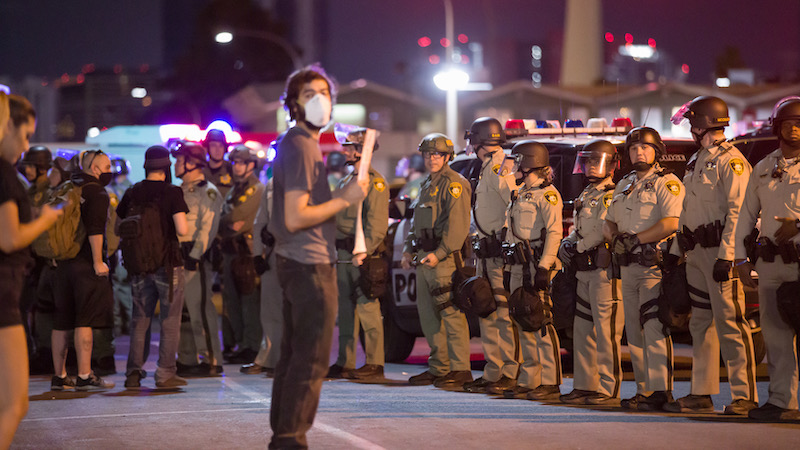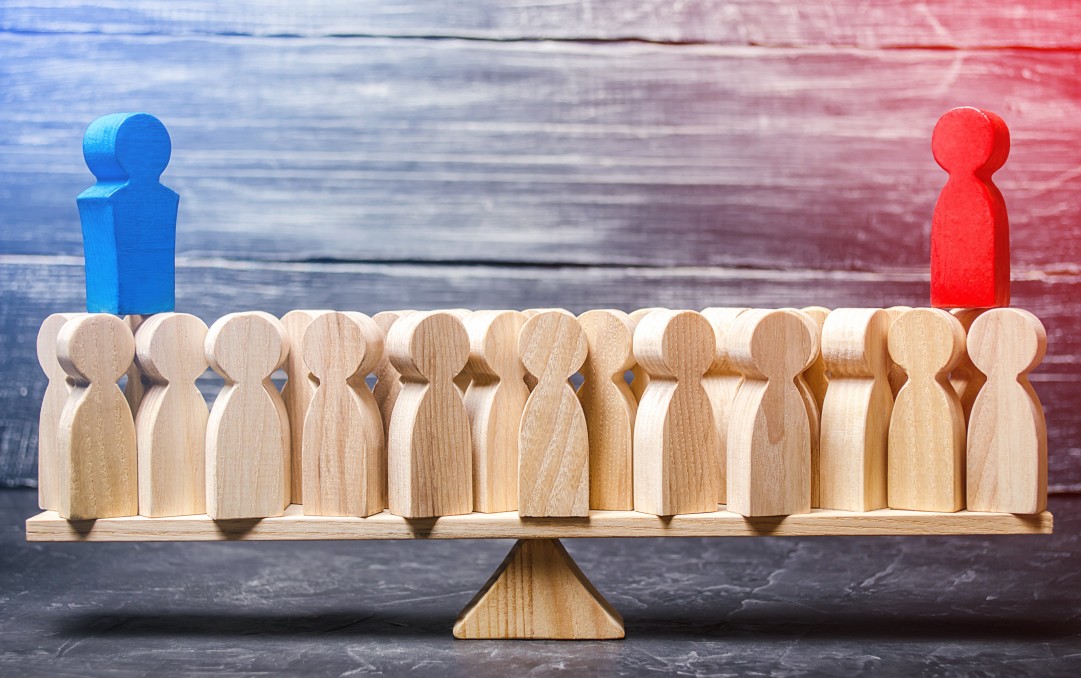Recently the city of Seattle passed a law that increases its minimum wage to $15/hour. According to Yahoo! Finance writer Kathy Cherpelis, “Seattle took a big step toward closing the income gap between the rich and the poor.” I disagree. Seattle’s $15 per hour minimum wage is a bad idea.
I’ve written in the past on my views of the minimum wage. I think such policies are harmful to society—they work against minorities, young workers, and low-skilled workers. A number of studies have been done that prove what we already know from our armchairs. Consider a study done by the Congressional Budget Office which estimates that a national minimum wage increase to $10.10 will lead to 16.5 million workers making more money. However, 500,000 people will become unemployed. (Note: More unemployed workers means more workers depend upon government assistance. When more workers depend upon government assistance, taxes increase. When taxes increase, you have less money.)
[pq]In Seattle, we could see a greater increase in the income gap.[/pq]
Rather than decrease the income gap, I think this policy could actually make it larger. But before explaining why, let me explain why I don’t think an increase in an income gap is necessarily a bad thing. Consider this thought experiment: If person A makes $20/hr and person B makes $30/hr, then after 2 hours of work the income gap is $20. But after 4 hours of work the income gap is $40. *gasp* Well, that’s an increase in the income gap if I ever saw one! But note that the person making $20 isn’t any poorer as a result of someone else making more money. This is the implied message by fiscal progressives: The rich get richer while the poor get poorer. Yet, that isn’t necessarily the case (as illustrated in my thought experiment). Ultimately, I’d argue that the thought experiment here is representative (at a basic level) of a capitalistic system. And ultimately, I think that government intervention in the marketplace is the cause behind many of the ills we witness—not the solution. But back to Seattle.
In Seattle I think we’ll see a greater increase in the income gap because the rich will stay rich and the middle class will decline and fall into the lower class. But the effects won’t be immediate. Seattle plans to increase the minimum wage incrementally between 3-7 years depending upon the size of the business. In fact, in a nearby city to Seattle (SeaTac), people are already witnessing the bad effects of a minimum wage increase. SeaTac is home to the Seattle-Tacoma airport, and a few months ago raised its minimum wage to $15/hour.
A lot of workers in SeaTac are unhappy. Some lost their jobs outright, including the closing of some businesses. Other workers have lost their 401k’s, health insurance, paid vacation, food privileges, and even have to pay for their own parking. A part-time waitress also receives less total money because tips have gone down drastically (she used to make more than $15 total with tips included).
And yet the piety myth of economics rolls along. Good intentions don’t necessary lead to good results. Sadly, some people are learning this the hard way. Let’s try our best to help people recognize the mistake of minimum wage law and instead advocate for natural wage increases via the market.



